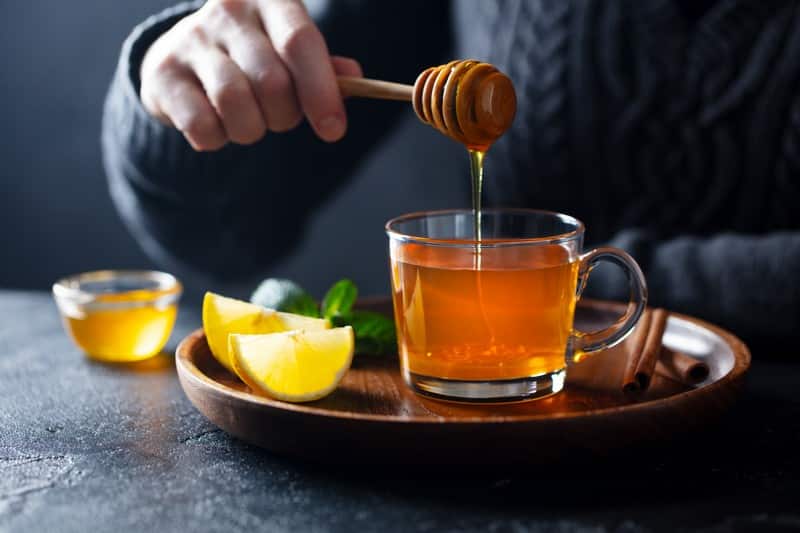Bronchitis is a common respiratory disease that occurs when there is inflammation and swelling in the bronchial tubes. The two main airways into the lungs (trachea and bronchi) are obstructed due to the thickened mucus caused by bacteria, viruses, smoke, and other irritants. The built-up mucus and phlegm result in coughing that lasts for a few days or may take weeks. A person may have bronchitis if symptoms such as persistent coughing, fever and chills, an unusual tightness in the chest, sore throat, and difficulty breathing through the nose or mouth are observable for weeks or months. However, persistent coughing does not immediately imply bronchitis.
Bronchitis can either be acute or chronic. Acute bronchitis is caused by bacterial infection and is usually temporary and only lasts for a short period. There is no need for medical attention as it goes away on its own if the causes are eliminated. Chronic bronchitis, on the other hand, often needs medical treatment. It lasts for several months, and some may even last a year or two. A person may develop chronic bronchitis because of too much exposure to viruses, respiratory irritants like cigarette smoke, and air pollution.
Honey and Lemons

Honey is a common remedy for sore throat, and it is also a reliable cough suppressant. Conversely, lemon may be mixed with warm tea to heal a mucus-filled cough. Both honey and lemon contain Vitamin C. It is essential to break down and eliminate mucus-forming bacteria. In addition, both have antibacterial and anti-inflammatory contents that soothe the irritation in the affected respiratory areas. It also loosens the thickened mucus blocking the airways of the body.
Prepare a mixture of lemon extracts and two tablespoons of honey. Add hot water and drink as tea. The honey and lemon blend is tasty and may be taken in as often as needed. This mix also helps hydrate your body and fight off other diseases. Different age levels may use this mixture as it serves the same benefits; however, this is not advised for babies below 12 months old for the risk of infant botulism (a serious condition diagnosed in infants). Botulism comes from bacteria spores getting into the child’s intestines and thus becoming toxins. Botulism is sometimes obtained from honey. In some rare cases, botulism may also be experienced by adults.










